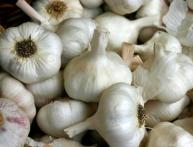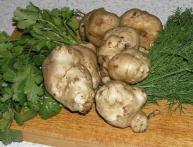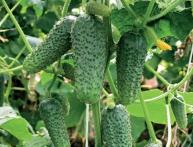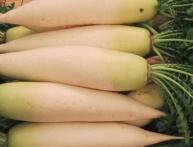Health benefits of Jerusalem artichoke

Jerusalem artichoke is often called earthen pear, Jerusalem artichoke, sun root. In fact, it is a close relative of the sunflower and can be eaten raw, boiled, baked and fried. Kvass is also made from it, and this does not require sugar, yeast, or even a coffee drink. The plant is native to North America, but it has long been distributed throughout the world. The earthen pear produces a high yield of tubers without requiring careful care, and its upper part is well suited for feeding livestock and poultry. This amazing plant tolerates harsh winters well and is not affected by diseases and pests. For many gardeners, it grows for 20 years in one place, maintaining high productivity.
Jerusalem artichoke is a tasty source of vitamins and microelements. The benefits of Jerusalem artichoke are well known to people suffering from diabetes and other pancreatic diseases. The inulin it contains helps lower blood sugar levels, promotes bile formation, improves intestinal motility, removes toxins, radionuclides, and heavy metal salts. Thanks to inulin, cholesterol levels and the risk of developing cardiovascular diseases are also reduced. Jerusalem artichoke juice reduces stomach acid and is used to treat heartburn. The presence of a large amount of iron in its composition determines the benefits of Jerusalem artichoke in the treatment of anemia.
The organic acids contained in the plant have an antibacterial and antioxidant effect, improve digestion, and activate the motor action of the intestines. Baths from a decoction of the leaves and stems of Jerusalem artichoke are useful for radiculitis, gout, osteochondrosis, eczema, acne, and furunculosis. Masks made from raw grated tubers help smooth out wrinkles.









Comments
I became acquainted with Jerusalem artichoke when I was in elementary school. My deskmate brought pieces of pickled Jerusalem artichoke that her mother made, and we enjoyed them during after school. It was delicious!